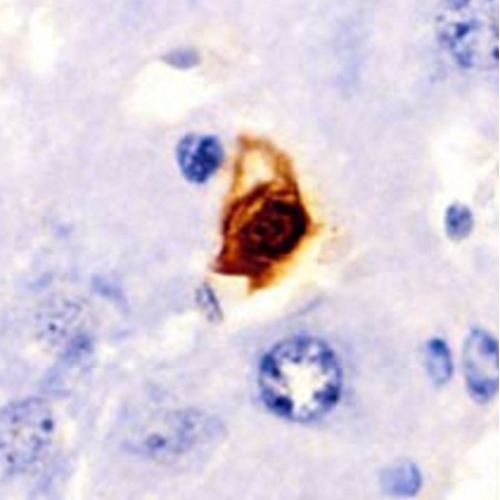Key points from article :
FDA-approved antibiotic azithromycin as a senolytic drug: can treat symptoms of ageing.
Team set up a drug assay using normal, commercially available, human fibroblasts.
Called MRC-5, which comes from the lungs, and BJ-1, which comes from the skin.
The idea was to artificially induce ageing, which we did using a compound called BrdU.
Goal is to identify drugs that selectively kill senescent cells, not harm normal cells.
Drug screening identified azithromycin and roxithromycin -constitutes a new family of senolytics.
Azithromycin had an efficacy of approximately 97%, inducing apoptosis in senescent cells.
Team explores possibility of using azithromycin preventatively in cystic fibrosis patients.
Findings show it did prevent lung fibrosis, thus, extending patients’ lifespan.
Identifying pharmaceutical application, clinical trials, their next steps.
Researchers from University of Salford, published in Aging.




